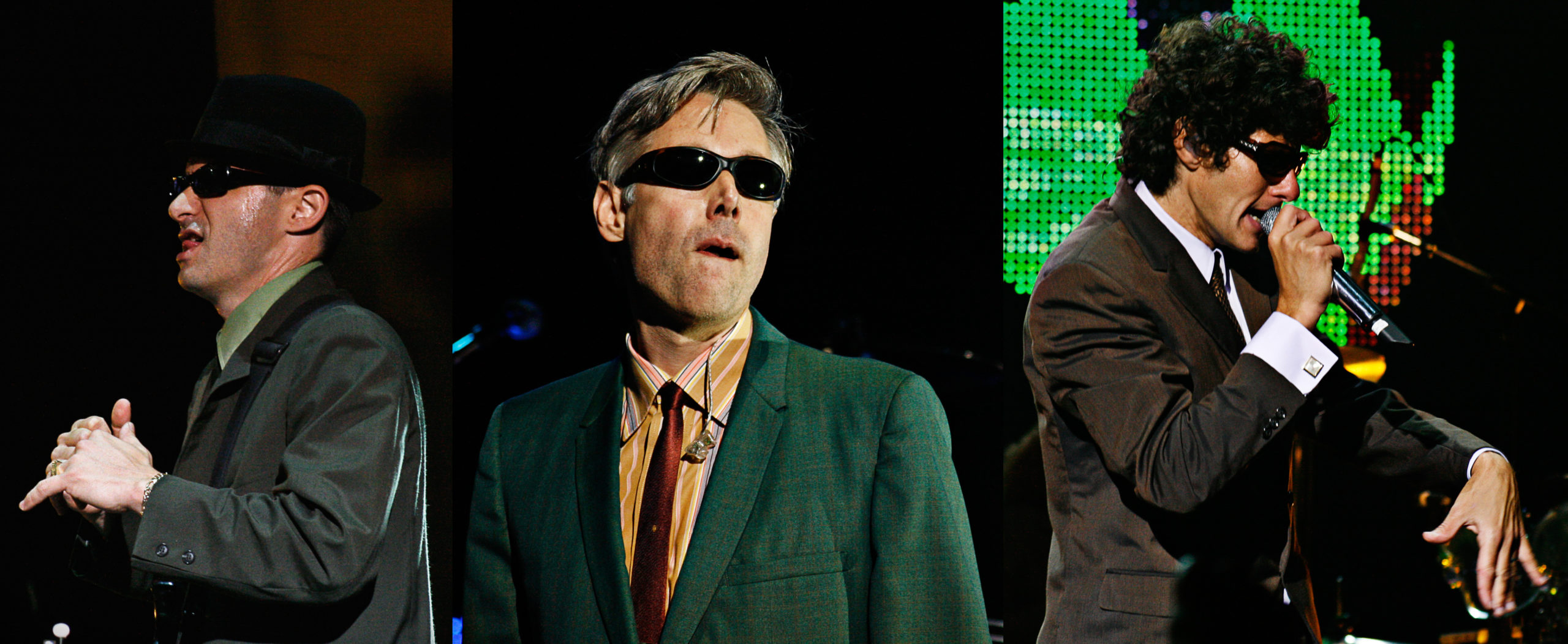Your favorite hip-hop trio just scored another legal win that protects every artist’s right to control their creative work. The Beastie Boys reached a settlement with Brinker International, Chili’s parent company, ending a lawsuit over unauthorized use of “Sabotage” in restaurant advertisements.
The trouble started when Chili’s social media ads began featuring the unmistakable sounds of “Sabotage” in November 2022. These weren’t subtle nods—the commercials blatantly copied the aesthetic of Spike Jonze’s legendary 1994 music video, complete with 70s wigs, fake mustaches, and sunglasses that screamed Beastie Boys tribute.
Just like how your TikTok For You page algorithm learns your music taste, brands think they can borrow whatever sounds viral for their marketing campaigns.
When Corporate Appetites Clash With Artist Rights
The band filed their lawsuit in July 2024, seeking at least $150,000 in damages. This wasn’t about money—it was about principle. Adam Yauch’s will explicitly prohibits licensing Beastie Boys music for third-party advertising, a directive the surviving members honor religiously.
Your streaming playlist might include “Sabotage,” but restaurants can’t just grab it for their marketing campaigns. The settlement terms remain confidential, but the message rings clear: unauthorized music use carries serious consequences. It’s not just restaurants and advertisements that are guilty, but even other artists such as Oasis that have ripped off peoples music.
This victory adds to the Beastie Boys’ impressive legal track record. They previously won $1.7 million against Monster Energy in 2014 and settled with toy company GoldieBlox over unauthorized use of “Girls.”
The Bigger Picture for Music Copyright
The case highlights growing tensions between brands hungry for recognizable soundtracks and artists protecting their creative legacy. Your favorite songs aren’t free samples for corporate marketing departments—they’re protected intellectual property requiring proper licensing agreements or you could be looking at an ugly copyright case.
The settlement reinforces what every musician knows: controlling how your art gets used matters as much as creating it. The Beastie Boys have transformed from rebellious young rappers into elder statesmen defending artistic integrity across the industry.
Since Yauch’s passing in 2012, Mike D and Ad-Rock have maintained strict control over their catalog. Their consistent legal victories send a powerful message to brands considering unauthorized music use.
This precedent empowers bedroom producers and indie artists uploading to Spotify just as much as it protects legendary catalogs. Emerging artists can point to cases like this when negotiating with brands or developing their own licensing strategies.
The Chili’s settlement proves that artistic integrity still trumps corporate convenience in American courtrooms. Every time you hear “Sabotage” now, remember it represents more than just a killer track—it symbolizes artists’ ongoing fight for creative control.
As streaming platforms develop more sophisticated content recognition technology, unauthorized uses will become harder to hide and easier to prosecute. This legal victory sets the stage for a future where your favorite independent artist has the same protection as hip-hop legends.


























